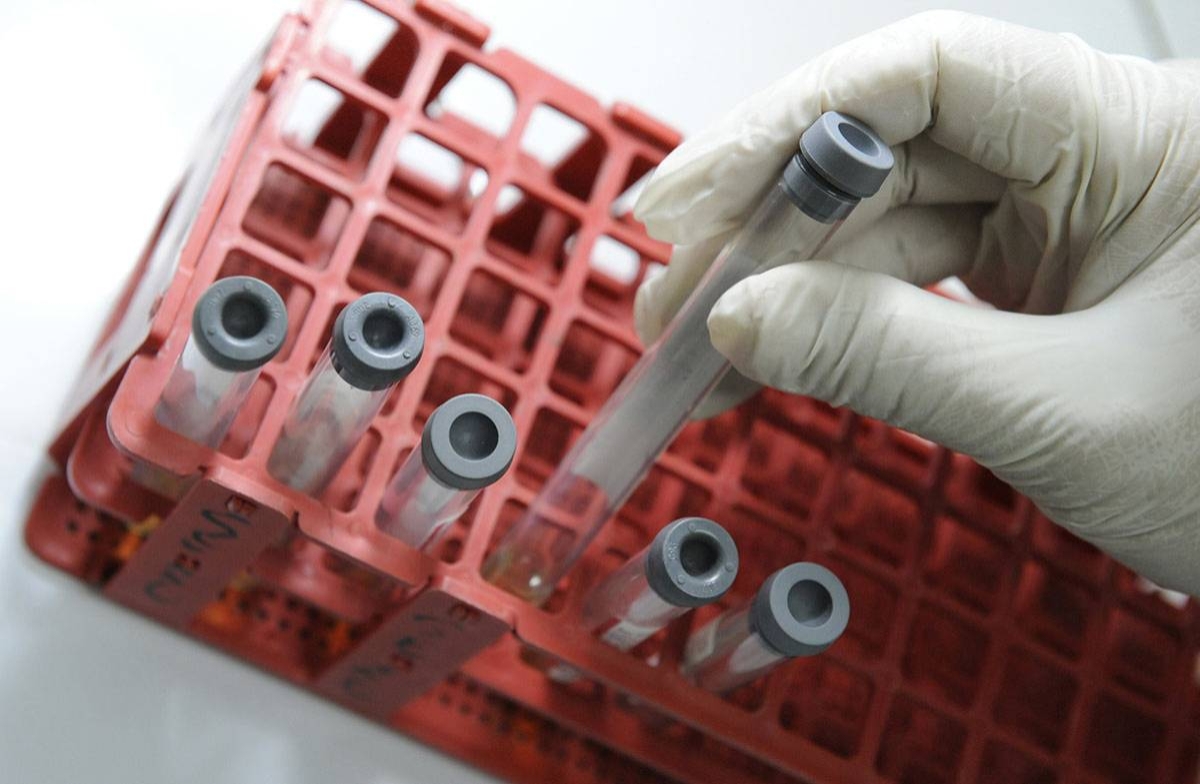The Joint United Nations Program on HIV/AIDS (UNAIDS) has called on governments in the Asia-Pacific region to empower grassroots communities in their efforts to end the acquired immunodeficiency syndrome (AIDS) as a public health threat. UNAIDS emphasizes the importance of community leadership roles in all human immunodeficiency virus (HIV) plans and programs, while also urging for full funding for community-led organizations.
According to Harry Prabowo, program manager of the Asia-Pacific Network of People Living with HIV/AIDS (APN), communities play a crucial role in driving demand for services, ensuring that individuals who are not reached by formal health systems can receive the necessary support. They also monitor the quality of HIV services and contribute to shaping effective solutions. Recognizing the significance of community leadership, Prabowo states, “Investments in community leadership are essential to the success of prevention, testing, linkage to care, retention, and adherence results. This is not just a nice thing to do; it ensures the programs work and makes financial sense.”
In line with the upcoming World AIDS Day observance, UNAIDS has released a new report titled “Let Communities Lead.” The report highlights the critical role of communities in the fight against AIDS and sheds light on the challenges they face due to underfunding and harmful barriers. It reveals that the proportion of HIV funding channeled through community-led organizations has declined by at least 35 percent in the past year.
To accelerate progress, UNAIDS emphasizes the need to better integrate the work of communities on the frontlines into all aspects of the HIV response and provide them with adequate resources. Unfortunately, decision-makers often perceive communities as problems to be managed rather than recognizing and supporting them as leaders. As Winnie Byanyima, executive director of UNAIDS, states, “Communities are not in the way; they light the way to the end of AIDS.”
When we talk about communities, we refer to organizations of people living with HIV, key populations (such as men who have sex with men, people who use drugs, prisoners, sex workers, and transgender people), and other civil society organizations. These groups have been instrumental in driving progress since the beginning of the AIDS pandemic. Their contributions include advocating for global access to lifesaving antiretroviral therapy, pushing for legal and policy changes to create a more enabling environment for an effective HIV response, and delivering HIV prevention, testing, treatment, and care services.
Through the 2021 Political Declaration on Ending AIDS, United Nations member states have committed to supporting community leadership. This commitment includes the goal of having communities deliver 30 percent of testing and treatment services and 80 percent of HIV prevention services for populations at high risk of infection.
However, the “Let Communities Lead” report reveals a concerning trend. In 2012, community-led organizations globally received around one-third (over 31 percent) of HIV funding. By 2021, this percentage had declined to just 20 percent. This decline in funding comes at a time when 96 percent of new HIV infections in the Asia-Pacific region occur among key populations and their sexual partners. Men who have sex with men account for nearly half (46 percent) of all new infections, while young key populations between the ages of 15 and 24 represent 26 percent of new cases.
The Asia-Pacific region has seen only a 14-percent reduction in new infections since 2010, with rising epidemics in countries such as Afghanistan, Bangladesh, Fiji, Papua New Guinea, and the Philippines. Eamonn Murphy, UNAIDS Regional Director for Asia and the Pacific, stresses the importance of channeling a significant portion of HIV prevention, testing, and treatment funding through community-led organizations that are best equipped to deliver targeted interventions for specific populations.
In conclusion, empowering grassroots communities and recognizing their leadership roles is crucial in the fight against AIDS. UNAIDS urges governments to fully support community-led organizations and increase funding to ensure the success of prevention, testing, treatment, and care programs. By integrating the work of communities into the overall HIV response, we can make significant progress towards ending AIDS as a public health threat.
Source: The Manila Times







